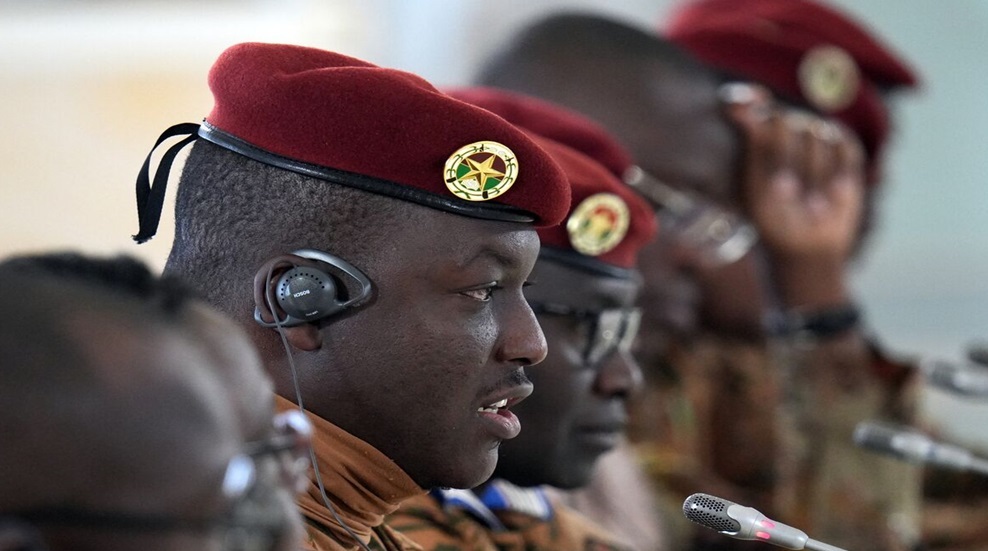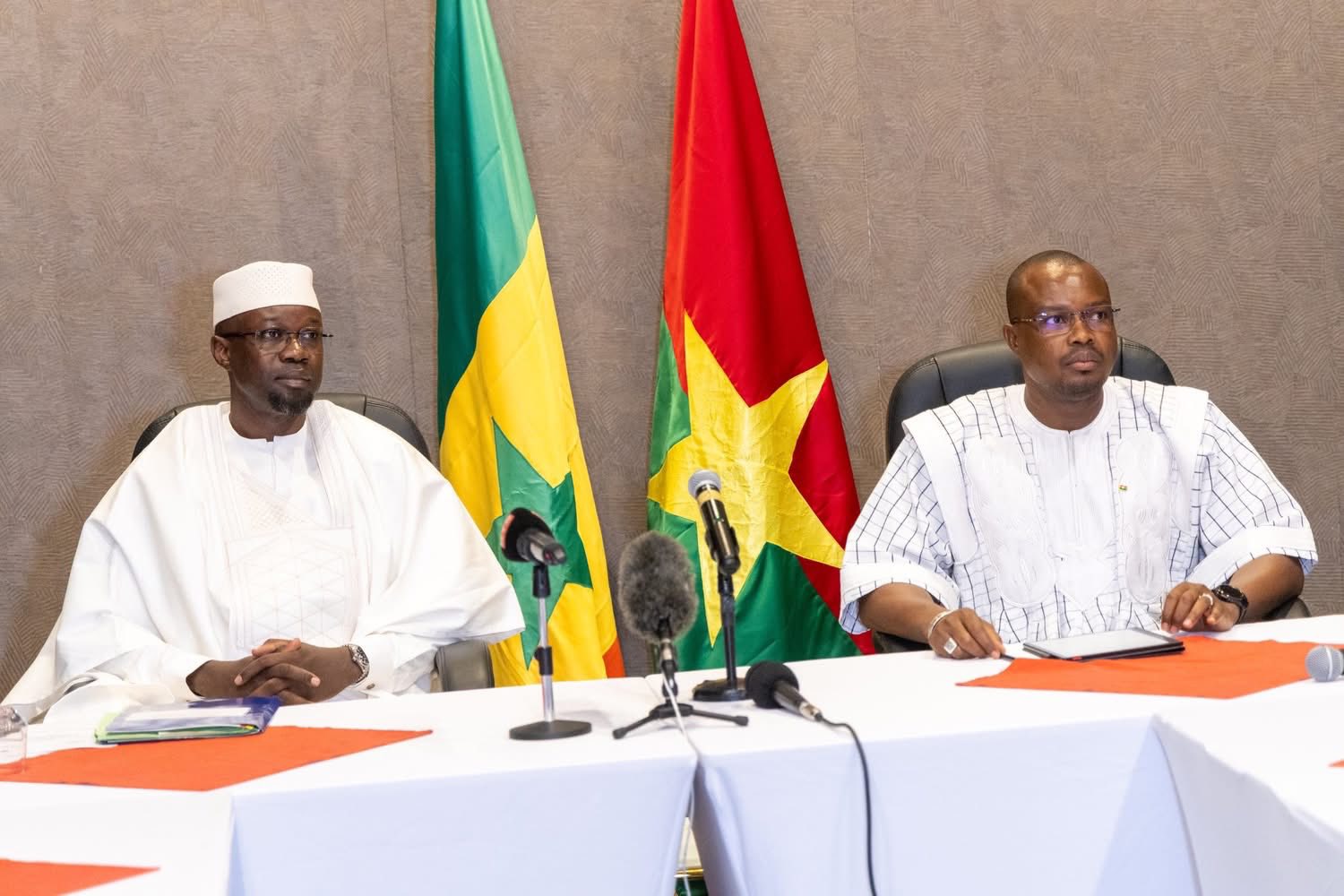
Lieutenant-Colonel Ibrahim Traoré, the junta leader of Burkina Faso, very recently received Tete António, the Special Envoy of the African Union (AU) Chairperson, Angolan President; João Lourenço.
- Lieutenant-Colonel Ibrahim Traoré met Tete António, AU’s Envoy, in Ouagadougou to strengthen unity amid Sahel security threats.
- The AU’s visit symbolizes its shift towards actionable engagement, aiming to support susceptible member states facing insurgencies.
- Discussions between the AU delegation and local officials focused on issues of security and humanitarian challenges.
Tete issued a message from the current chair of the AU during his visit on the 17tth June, 2025, in Ouagadougou, Burkina Faso’s capital.
The goal of António’s visit is to strengthen continental unity with Burkina Faso in the face of growing Sahelian security threats.
the visit which was tagged a listening mission, was set up: “to see what collective paths we can take as Africans to find solutions,” Tete stated.
His visit symbolizes the AU’s transition from declarations to engagement, indicating a readiness to assist vulnerable member states facing Islamist insurgencies.
SEE ALSO: Russia finally authorizes a nuclear deal with two of its most notable West-African friends
António said that the AU “will not remain indifferent” to the deepening crisis, emphasizing the notion of continental responsibility.
The AU delegation met with Traoré and local officials to discuss security and humanitarian issues, as reported by Sputnik.
The conclusion is likely to direct coordinated AU support, which may include logistics, peacekeeping, information sharing, and humanitarian supplies.
This visit mirrors similar demonstrations of solidarity across Africa, including the recent initiative made by the Nigerian government, which allowed the country to present an olive branch to the defected state.
Burkina Faso, which is one-third of the three countries that recently exited its former regional bloc the Economic Community of West African States (ECOWAS), was offered a diplomatic overture alongside Mali and Niger for the re-estblishment of a working relationship with Nigeria.
During a news conference in Nigeria’s capital, Abuja, on Monday, Nigeria’s Minister of Foreign Affairs Yusuf Tuggar disclosed the intent, demonstrating the country’s determination to promoting regional cooperation within the ECOWAS framework.
He pointed out that political differences shouldn’t stop regional growth, especially when common issues like infrastructure, trade, and security cut beyond institutional boundaries.

Similarly, Senegal’s Prime Minister Ousmane Sonko paid a visit to Ouagadougou in May, expressing passionate bipartisan support and promising real partnership in the battle against terrorism while underlining the need for enhanced regional security.
Burkina Faso, Mali and Niger’s self-wiled stance
In a remarkable turn that has reshaped West Africa’s geopolitical landscape, Burkina Faso, Mali, and Niger formally withdrew from ECOWAS, signaling a profound break not just from the regional bloc, but also from long-standing Western alliances.
The three Sahelian nations grappling with terrorism, underdevelopment, and political instability have increasingly expressed frustration with what they view as ECOWAS’s ineffectiveness and bias, especially after the bloc imposed sanctions.
The military juntas leading these countries have made it clear that their priorities are internal stability, security control, and economic self-determination, not appeasing Western capitals or complying with ECOWAS timelines for a return to civilian rule.
![(L-R ) The leader of Burkina Faso, Ibrahim Traoré, Mali’s military leader Colonel Assimi Goita and Niger’s General Abdourahmane Tchiani [ChannelsTV]](https://ocdn.eu/pulscms/MDA_/29716c5c13a35eadeccfbd834b6a2349.jpg)
DON’T MISS THIS: From soldier to Symbol: How Ibrahim Traoré is becoming Africa’s most loved and unapologetic leader
Mali and Burkina Faso, for instance, expelled French troops and suspended military cooperation with former Western allies, turning instead to new partners like Russia.
Niger, following the 2023 coup, followed a similar trajectory by rejecting French military presence and forming a security alliance with its Sahel neighbors.
Their move had placed them at odds with ECOWAS, one of the West’s closest African allies.












